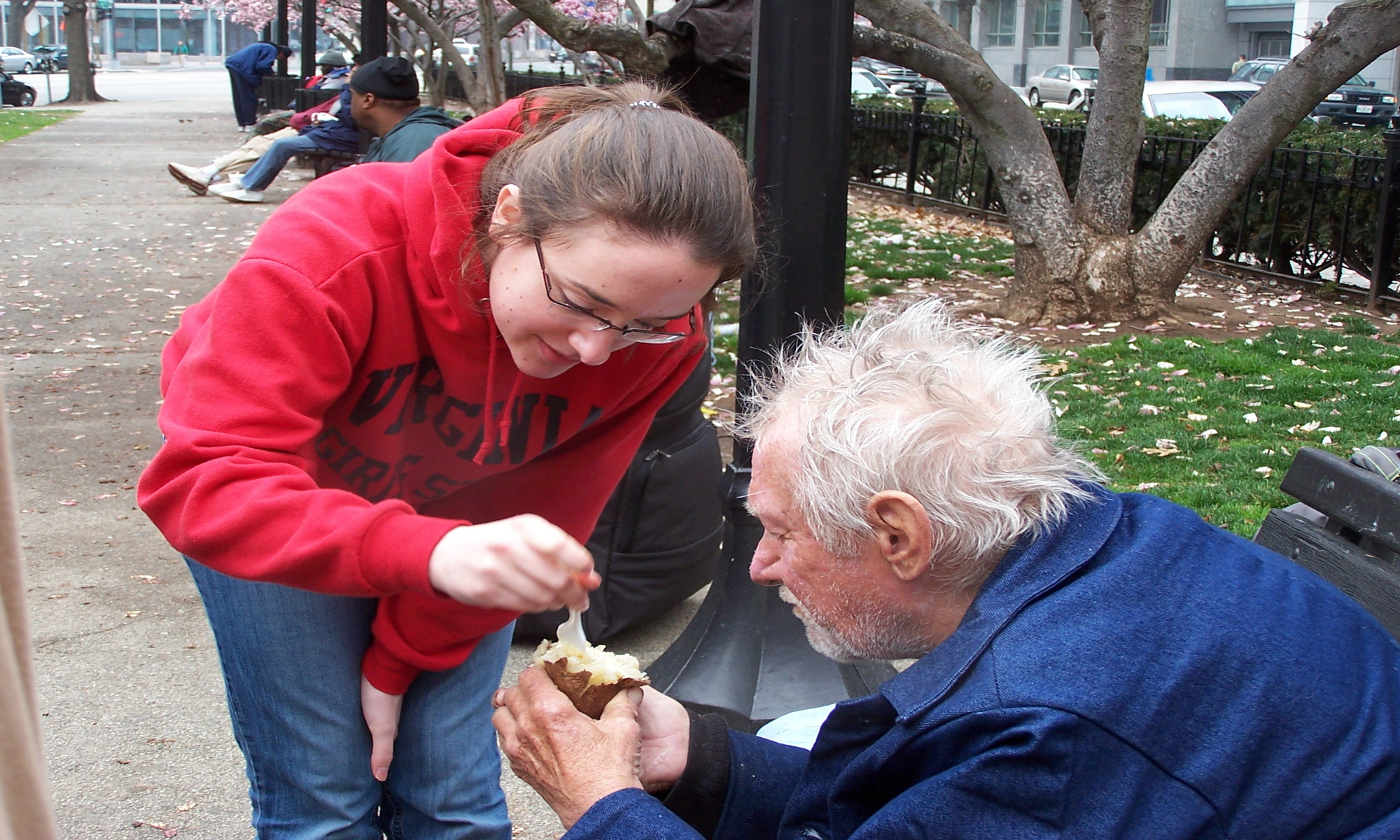Generally, I steer clear of politics. It’s such a divisive subject. But today I’m going to make an exception. As I write this, we are hot and heavy into the 2012 campaign season. Print media and the airwaves are rife with lies, mischaracterizations, logical fallacies, mud slingslinging and other intellectual pablum designed to get supporters to the polls and turn the hearts of the undecided.
But there is a gorilla in the room people aren’t talking about. It is a package of budget cuts and other painful economic measures that will hit us next year if Congress and the President fail to pass a responsible budget. The fallout from their failure to act has the potential to drive this country into yet another deep recession. So herewith is my plea to our elected representatives.
Dear Congress:
As you campaign, remember that you have pushed this country to the brink of a fiscal cliff. Please get off your ideologies, cooperate, and pass a responsible budget. You really don’t have to wait until after the election to do something. I’m sure the American people will be perfectly happy if we don’t have to live through yet another display of childish brinkmanship. You can do something now. Yeah, I know that’s wishful thinking, but it’s such a nice dream.
There is enough poverty in our country. We don’t need you to add to it. We understand some of us may lose tax loopholes, and some of us may lose government services. We’ll live. The alternative is an economic disaster that will throw more people into poverty than you can imagine. So please, grow up, play nice and get something accomplished for a change.
God’s grace to you,
Steve Jennings, Executive Director

